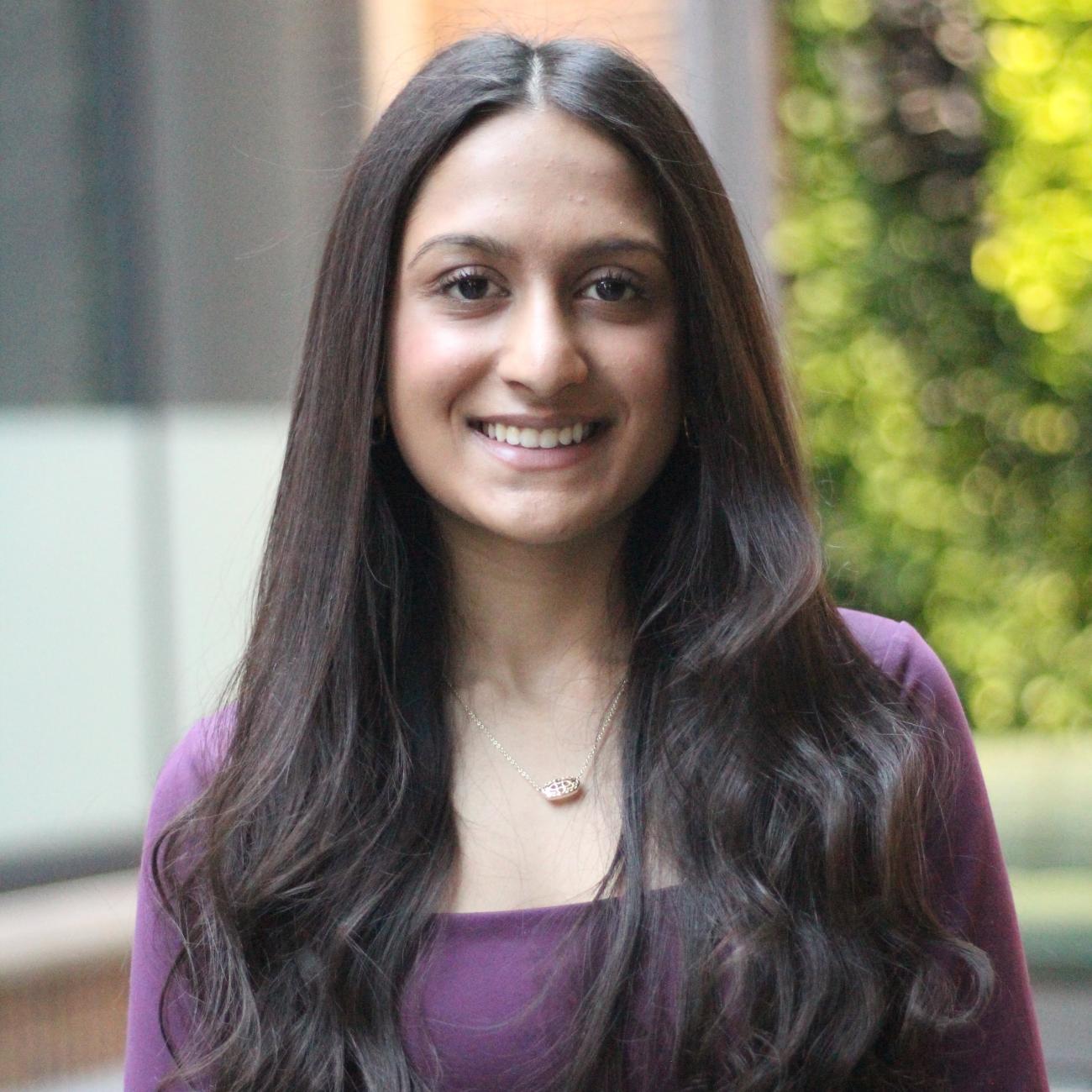What are three words you would use to describe LSM?
Community, Supportive, Insightful
What do you find most rewarding or enjoyable about the LSM Program?
The community LSM endows you with is undeniably the most rewarding part of the program. Having a community from the get-go is something that I am profoundly grateful for. Knowing that behind a challenging course load, demanding curriculum, and rigorous expectations is a community of like-minded, supportive, and extremely kind individuals has been instrumental in my academic and personal growth here at Penn, continually pushing me to challenge myself. Not only do my peers within the LSM community encourage me to pursue unique enrichment opportunities found on Penn’s campus, but they also provide unwavering support in helping me reach my desired goals. Much like a team effort, everyone is invested in each other's success, and I find that incredibly rewarding. It is not often that such a welcoming and tightly-knit community is at your fingertips.
Are you doing research currently? If so, where and on what, and what do you like about it?
I am currently conducting basic and translational research at PSOM, under Dr. Daria Babushok. At the Babushok Lab, I focus my time on investigating blood disorders, and how the failure of bone marrow can lead to pre-malignant genetic changes, myelodysplastic syndrome, and leukemia. What I find particularly rewarding about this research is that it is highly goal-oriented and aligns seamlessly with my interests. Rather than conducting research for research’s sake, I enjoy conducting research that is directed toward uncovering new insights on issues that physicians very often encounter at a patient’s bedside— which is something that I have the opportunity to do at the Babushok Lab.
What main extracurricular activities do you do at Penn?
At Penn, I am actively involved in the Wharton Undergraduate Healthcare Club, where I serve as an Analyst for the Investments Committee. Additionally, I am a Fellow in the Educational Pipeline Program, organized by the Netter Center for Community Partnerships. In this role, I dedicate my time to teaching students in the West Philadelphia community about careers in science and introducing them to various medical specialties, such as gastroenterology.
Do you have plans for after graduation (tentative or otherwise)?
After graduation, I plan to spend a few years in healthcare consulting or at a boutique investment bank with a focus on healthcare and biotech. While the idea of matriculating directly to medical school is appealing, I want to first explore the healthcare field through different avenues, and I see an industry career—such as healthcare consulting—as an ideal way to do so. Later, I plan on attending medical school and engaging in social impact work focused on making therapies more accessible to underserved populations and regions where healthcare resources might be limited. Most of all, I want to advance health equity by doing policy work aimed at bringing equal access to quality care in underserved communities and improving healthcare systems in underdeveloped countries.

